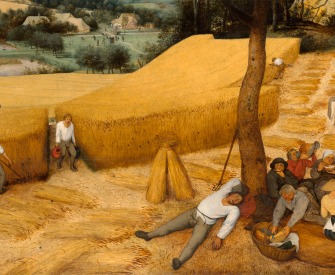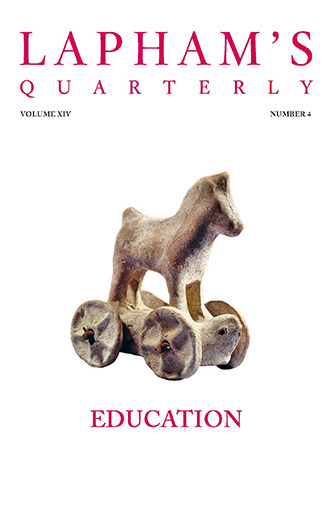Adieu, farewell earth’s bliss,
This world uncertain is,
Fond are life’s lustful joys,
Death proves them all but toys,
None from his darts can fly;
I am sick, I must die:
Lord, have mercy on us.
Rich men, trust not in wealth,
Gold cannot buy you health;
Physic himself must fade.
All things to end are made,
The plague full swift goes by;
I am sick, I must die:
Lord, have mercy on us.
Beauty is but a flower,
Which wrinkles will devour,
Brightness falls from the air,
Queens have died young and fair,
Dust hath closed Helen’s eye.
I am sick, I must die:
Lord, have mercy on us.
Strength stoops unto the grave,
Worms feed on Hector brave,
Swords may not fight with fate,
Earth still holds ope her gate.
Come, come, the bells do cry.
I am sick, I must die:
Lord, have mercy on us.
Wit with his wantonness,
Tasteth death’s bitterness:
Hell’s executioner
Hath no ears for to hear
What vain art can reply.
I am sick, I must die:
Lord, have mercy on us.
Haste therefore each degree,
To welcome destiny:
Heaven is our heritage,
Earth but a player’s stage,
Mount we unto the sky.
I am sick, I must die:
Lord, have mercy on us.
“A Litany in Time of Plague.” Born in 1567 to a family he later described as being of “larger pedigrees than patrimonies,” Nashe graduated from the University of Cambridge and soon joined the University Wits, a group of London playwrights and rabble-rousers that included Christopher Marlowe and Robert Greene. Nashe wrote this poem as part of his comedy Summer’s Last Will and Testament, which was first performed at Croydon in 1592 but remained unpublished until 1600. “It’s not a happy poem, of course,” said literary scholar Duncan Wu, but “it kind of does something amazing. It makes you feel alive.”
Back to Issue


